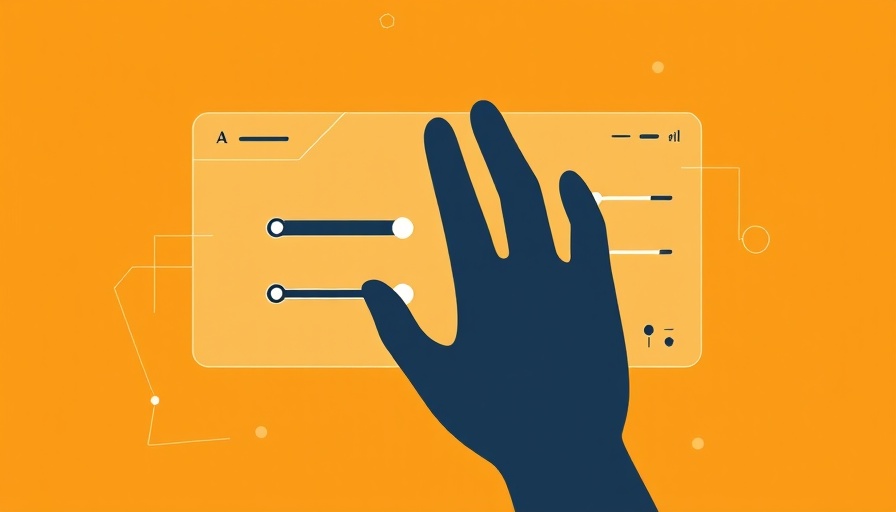
A Troubling Start for Anthropic's Claude AI Tool
The recent launch of Anthropic's Claude Code tool has taken a significant misstep due to a bug that reportedly bricked several systems. This coding assistant, designed to simplify and enhance programming tasks, has faced backlash after users on GitHub revealed that its auto-update feature contained problematic commands affecting system stability.
Understanding the Issue: The Bricking Bug
When installed with superuser permissions, which grant extensive access to a computer's operating system, the faulty commands altered permission settings of essential system files. This misuse of access protocols led to instances of complete lockout from systems, disabling applications and in some cases requiring a "rescue instance" to restore functionality. Affected users were vocal about their frustrations, highlighting the dangers of giving a coding tool such extensive privileges without adequate safeguards.
How Does Permission Management Work?
In the realm of computing, access permissions are critical for maintaining system integrity. Permissions dictate which users and applications can interact with files, ensuring that malicious or misguided actions do not compromise a computer's operation. In this case, Claude Code's commands not only forced alterations to these permissions but did so in a manner detrimental to the systems involved.
The Response from Anthropic
In response to the outcry, Anthropic has taken steps to rectify the situation by removing the problematic commands from its coding tool. It has also incorporated a troubleshooting guide within Claude Code, though the initial link to this resource was marred by a typographical error, adding to the frustrations of its users. Anthropic's quick acknowledgment of the issue may be seen as a positive move, but the traveling road to recovery will require more than just fixes — it necessitates trust rebuilding and a commitment to user safety.
Lessons Learned: The Importance of Thorough Testing
This incident serves as a potent reminder of the utmost importance of rigorous testing, especially in software tools designed to interact with core operating system functions. As technological innovations continue to rapidly evolve, the need for responsible deployment and management of such tools becomes increasingly paramount. Bugs in system-level software can resonate far beyond just the immediate issues, potentially compromising the credibility of the companies that launch them.
Future Implications for Coding Tools
Looking ahead, the Claude Code incident brings to light broader concerns within the coding tool landscape, especially as AI begins to play a more significant role. With rising reliance on AI technologies, the industry must ensure appropriate levels of control and oversight while allowing developers the freedom to innovate. This balance is crucial in mitigating similar risks in the future.
What Users Can Do
For current users of coding tools like Claude Code, staying informed and cautious is key. It's essential to follow best practices for system installations, such as not granting excessive permissions unless necessary. The occurrence of similar incidents reiterates the need for user vigilance in maintaining the health of their systems.
The Community's Role in Software Development
Coding communities play an invaluable role in the software development lifecycle. User feedback, such as that witnessed on platforms like GitHub, can shine a light on issues and drive improvements, prompting developers to respond proactively. Engaging in these communities can help users not only find solutions but also contribute to the evolution of the tools they use daily.
In conclusion, the Claude Code predicament underscores the necessity for industry-wide reflection on safe coding practices and user security measures. As both users and developers navigate this rapidly evolving tech landscape, collective vigilance will be paramount in ensuring that innovative tools serve their intended purposes without compromising system integrity.
 Add Row
Add Row  Add
Add 




 Add Row
Add Row  Add
Add 

Write A Comment